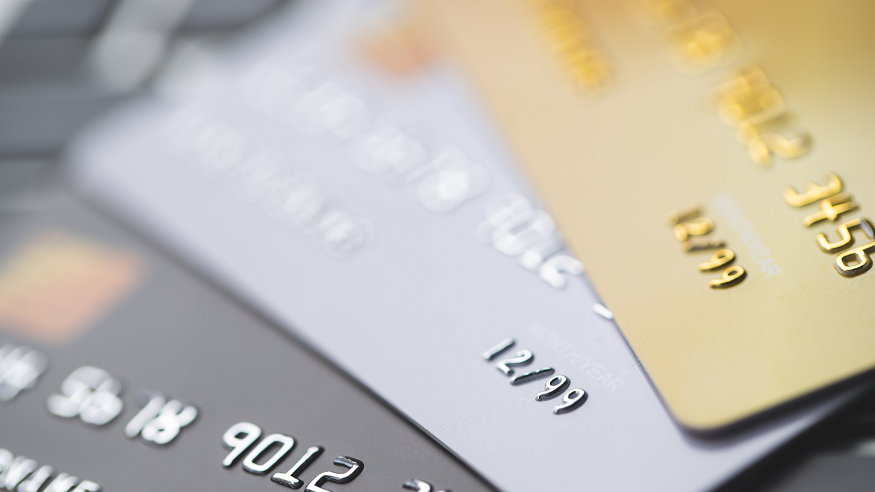Managing credit card debt can feel overwhelming, but with a structured approach and the right tools, you can regain control of your finances. In this article, we will explore the best way to pay off credit card debt, the benefits of using a budget tracker app, how to stop impulse buying, and how to avoid credit card late payment fees.
Best Way to Pay Off Credit Card Debt
The best way to pay off credit card debt is by using a combination of debt repayment strategies. One effective method is the debt avalanche approach. This involves paying off debts with the highest interest rates first while making minimum payments on other cards. This strategy helps you save money on interest over time.
Another popular strategy is the debt snowball method. This approach focuses on paying off the smallest balances first to gain a psychological boost from quickly eliminating debts. As you pay off each card, you move on to the next smallest balance, gradually building momentum.
Additionally, consider consolidating your debts with a balance transfer card or a personal loan. These options can simplify your payments and potentially reduce your interest rates, making it easier to manage and pay down your debt.
Budget Tracker App
Using a budget tracker app can significantly enhance your financial management skills. These apps allow you to monitor your income and expenses in real-time, helping you stay on track with your financial goals. Popular budget tracker apps like Mint, YNAB (You Need A Budget), and PocketGuard offer features such as expense categorization, budget creation, and bill reminders.
By using a budget tracker app, you can identify areas where you can cut back on spending and allocate more funds towards paying off your credit card debt. Regularly updating and reviewing your budget will keep you aware of your financial situation and motivate you to stick to your debt repayment plan.
How to Stop Impulse Buying
Impulse buying can derail your financial plans and increase your credit card debt. To stop impulse buying, start by understanding your triggers. Do you shop when you’re bored, stressed, or trying to reward yourself? Identifying these patterns can help you develop healthier coping mechanisms.
Here are some practical tips to stop impulse buying:
Create a shopping list and stick to it.
Implement a 24-hour rule where you wait a day before making non-essential purchases.
Avoid shopping when you’re emotional or hungry.
Unsubscribe from marketing emails and unfollow social media accounts that encourage unnecessary spending.
Use cash instead of cards to limit your spending.
By being mindful of your spending habits and taking steps to curb impulse buying, you can save more money and pay off your credit card debt faster.
Credit Card Late Payment Fees
Credit card late payment fees can add up quickly and hinder your debt repayment efforts. To avoid these fees, set up automatic payments through your bank or credit card issuer. This ensures your minimum payment is always made on time.
Additionally, you can use reminders from a budget tracker app to alert you of upcoming due dates. If you ever miss a payment, contact your credit card issuer immediately. They may be willing to waive the fee as a one-time courtesy if it’s your first missed payment.
Conclusion
Paying off credit card debt requires a strategic approach, disciplined spending, and the use of helpful tools like a budget tracker app. By implementing the best way to pay off credit card debt, learning how to stop impulse buying, and avoiding credit card late payment fees, you can take control of your finances and achieve financial freedom. Remember, consistency and commitment to your financial goals are key to successfully managing and eliminating credit card debt.

